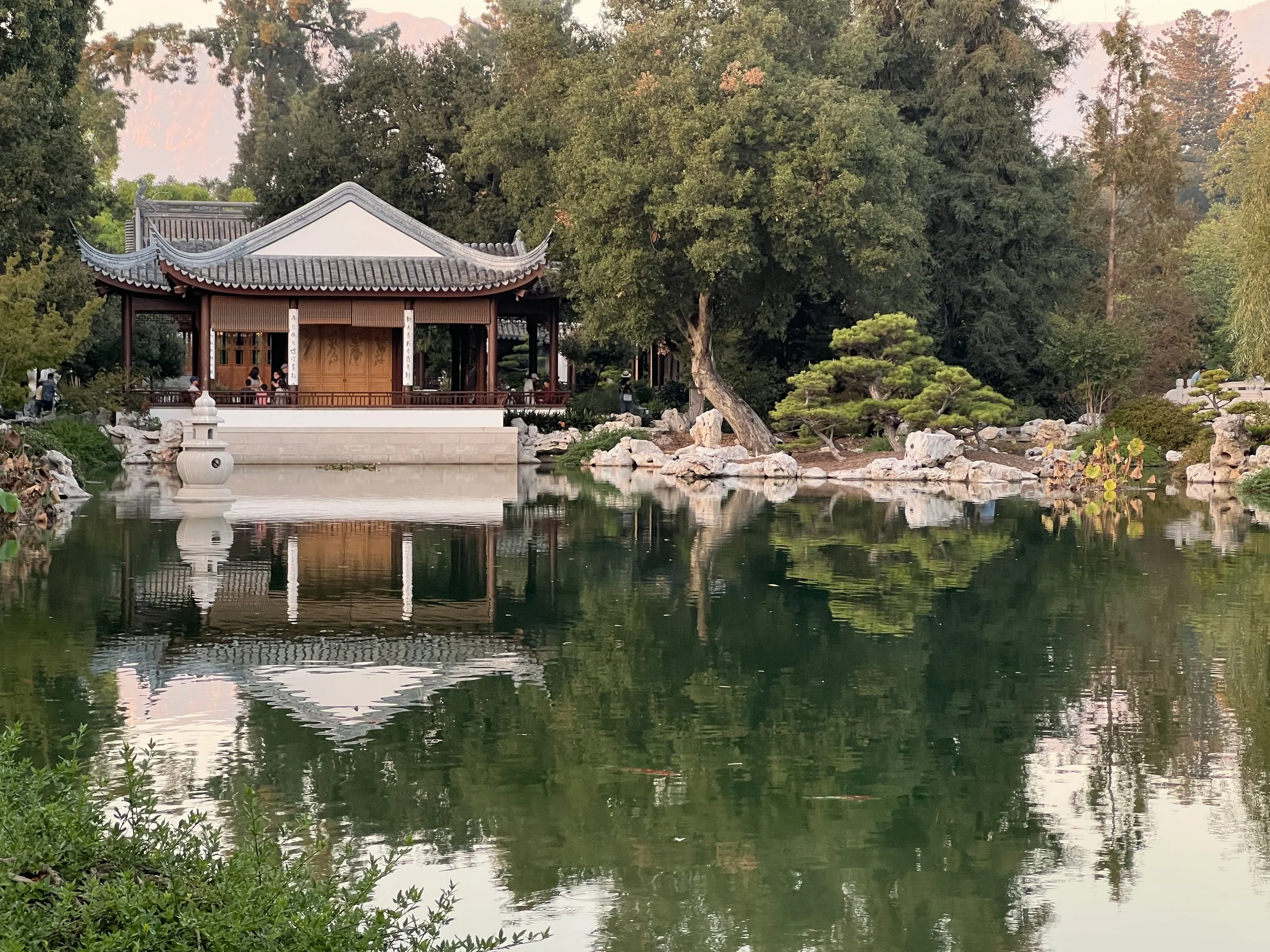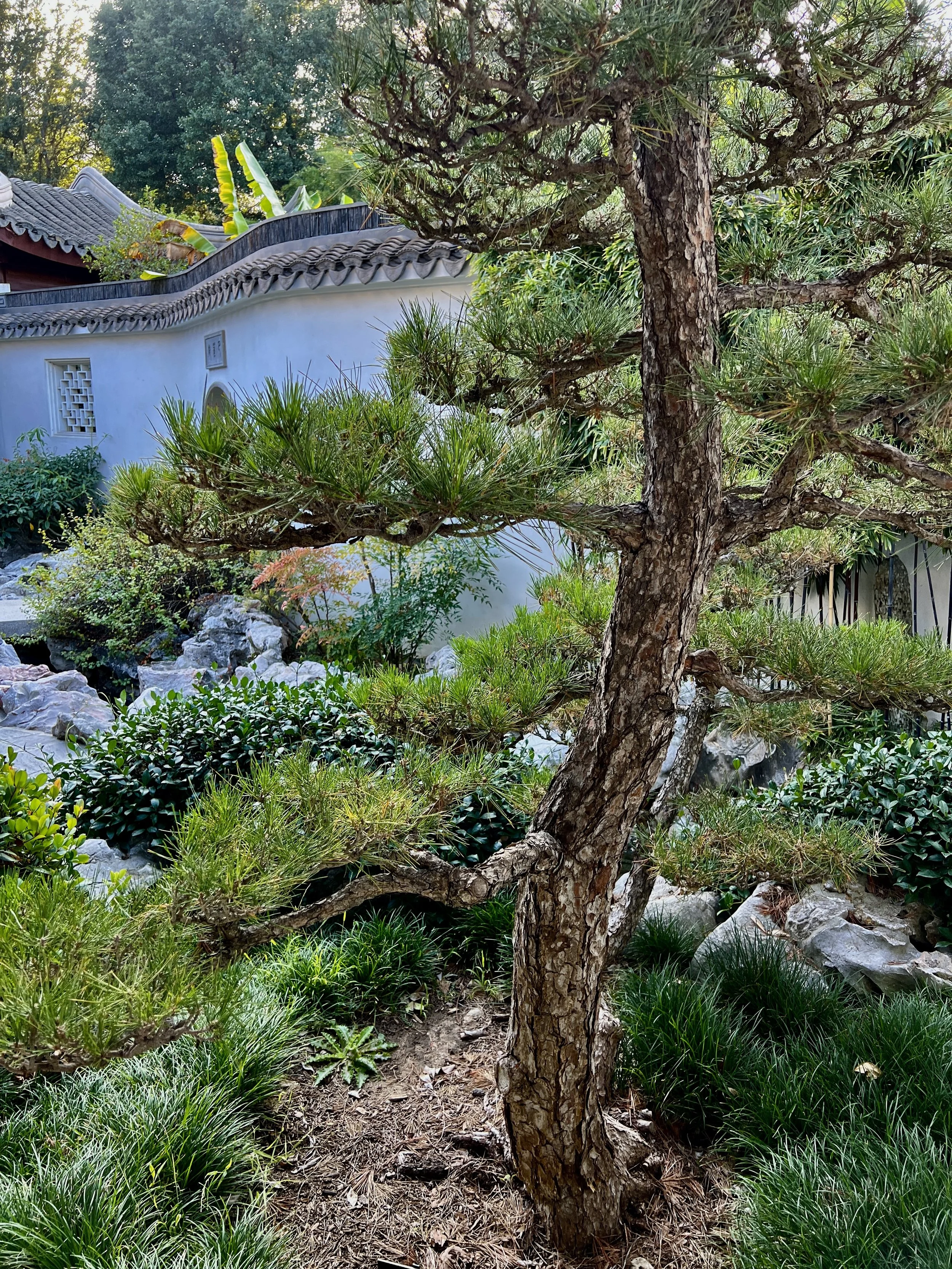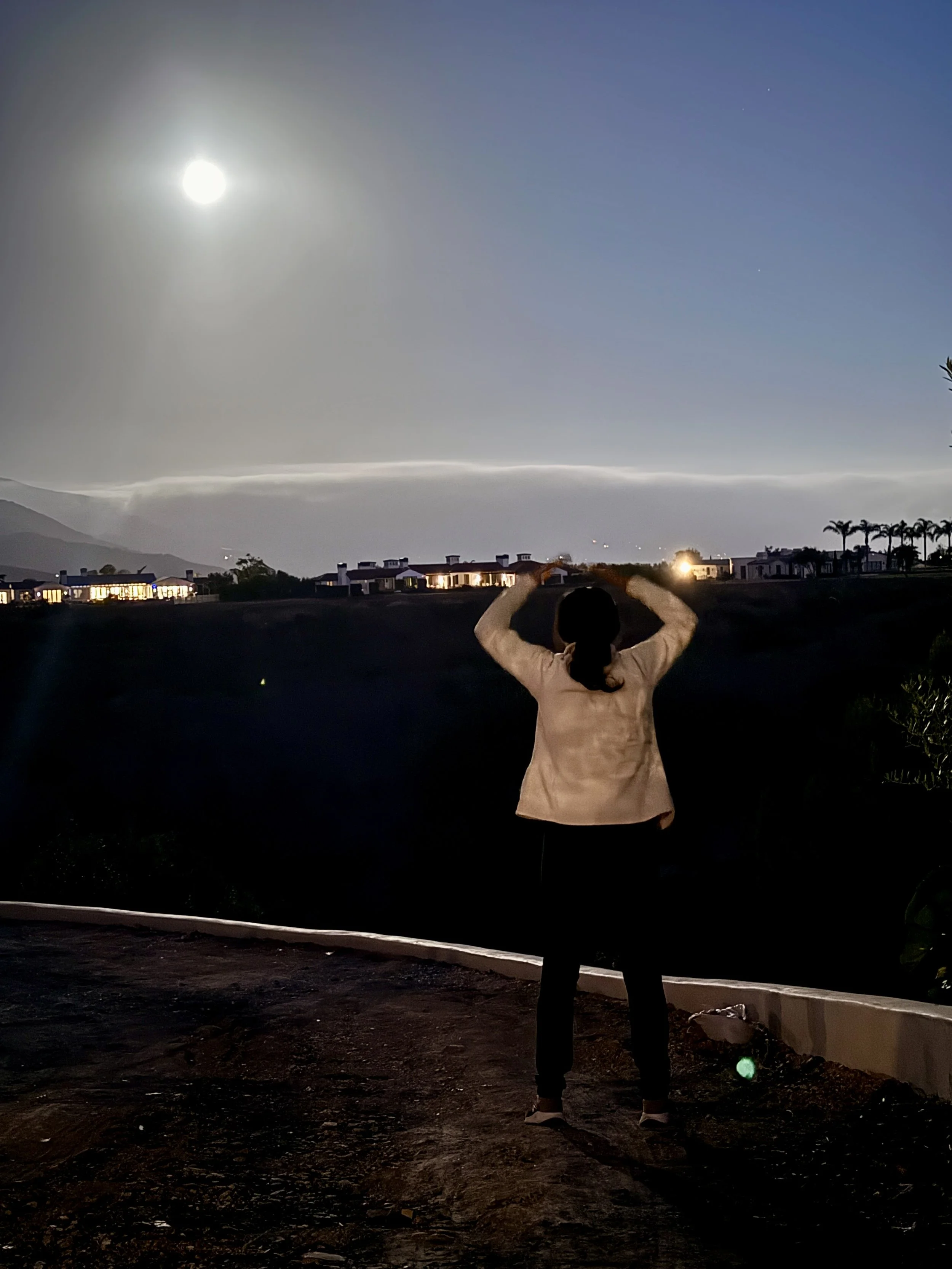The Qigong Path to an Illness-Free End of Life
People often hope for a good life, but have you considered a good death?
A good life does not always lead to a good death — but a good death always reflects a life well-lived* (beyond worldly perspectives). Most people do not fear death itself, but the suffering that can come before it: illnesses, decline, pain, and loss of clarity and dignity.
Is it possible to leave this world without sickness? Can we reach that state?
In thousands of years of Qigong tradition, masters could choose the time and manner of their passing. They would inform their disciples or families in advance and leave peacefully, sitting quietly, with a clear and lucid mind, free of illness — simply at an older age. This is considered a good death.
Years of steady, correct practice naturally lead to such an ending. Most people begin Qigong in response to illness, discomfort, or emotional challenges. These struggles often become turning points, prompting the search for healthier ways and proper practice.
For diligent practitioners who cultivate daily, balance emotions and mind, and nurture clarity and inner peace, the body strengthens, illnesses fade, and good health can be maintained until the natural end of life. Deep cultivation can even bring awareness of life’s completion, allowing one to release attachments and return peacefully to the Tao — with trust, simplicity, and inner light.
Why continue practice once illness has disappeared?
Because Qigong is not only for healing. It is for living healthily, aging gracefully, and leaving peacefully and consciously.
*A life well-lived (beyond worldly perspectives) refers to an inner, spiritual quality of life, not measured by wealth, status, fame or external success. From this perspective, a good life includes:
Peace of mind: Calm and undisturbed by the outside world.
Self-awareness: Living authentically with clarity of values and emotions.
Compassion and wisdom: Acting with goodwill toward oneself and others.
Connection: Feeling unity with nature , others, the universe and Tao.
Health and balance: Body and mind in harmony, free from stress or illness.
In short, it is a lifestyle of self-fulfillment and inner richness, rather than one seeking external approval or recognition.




